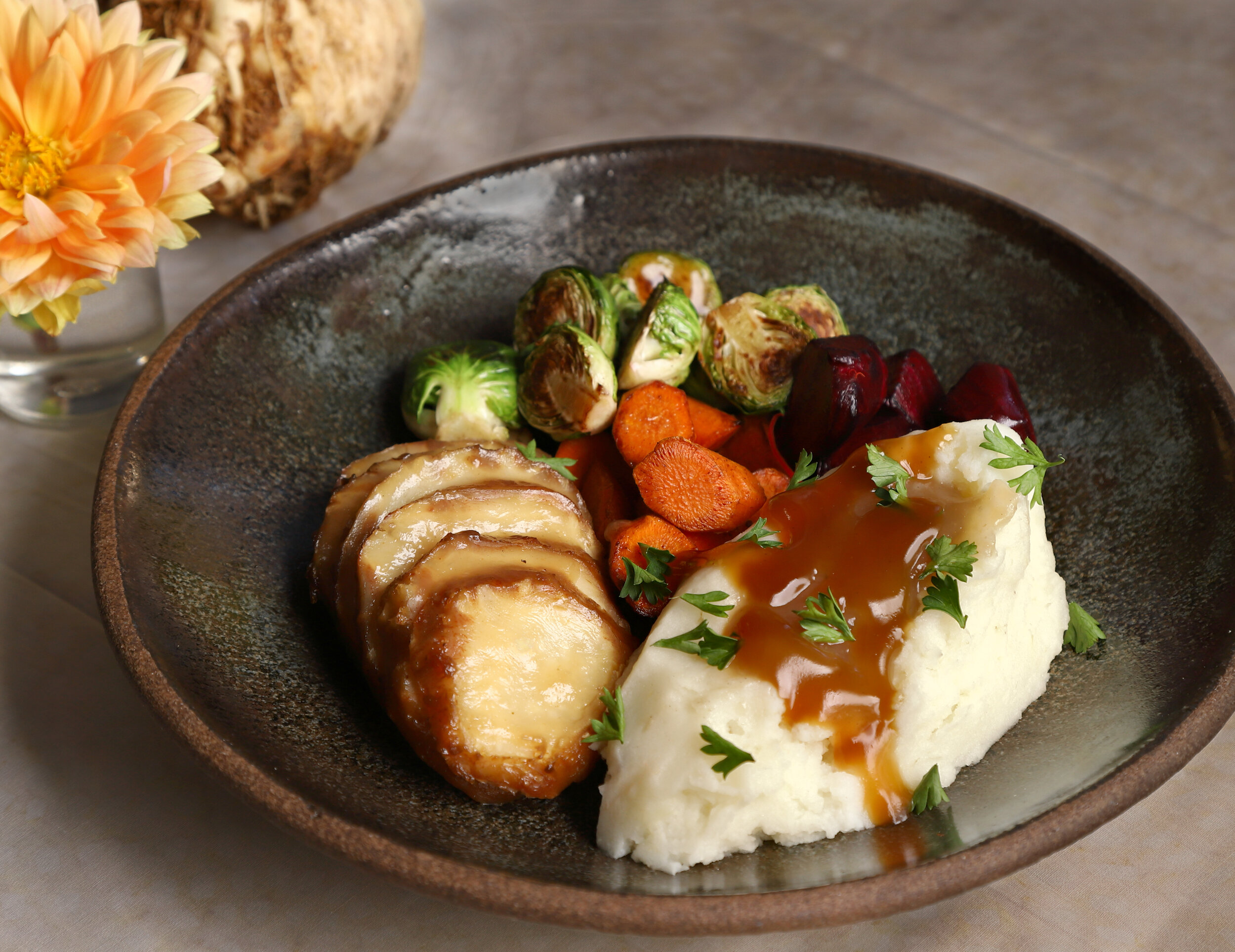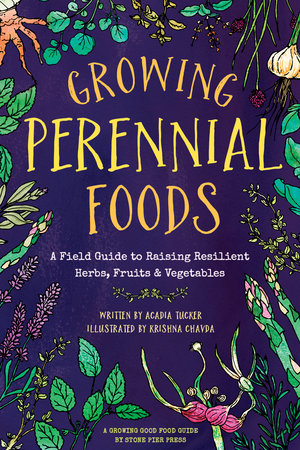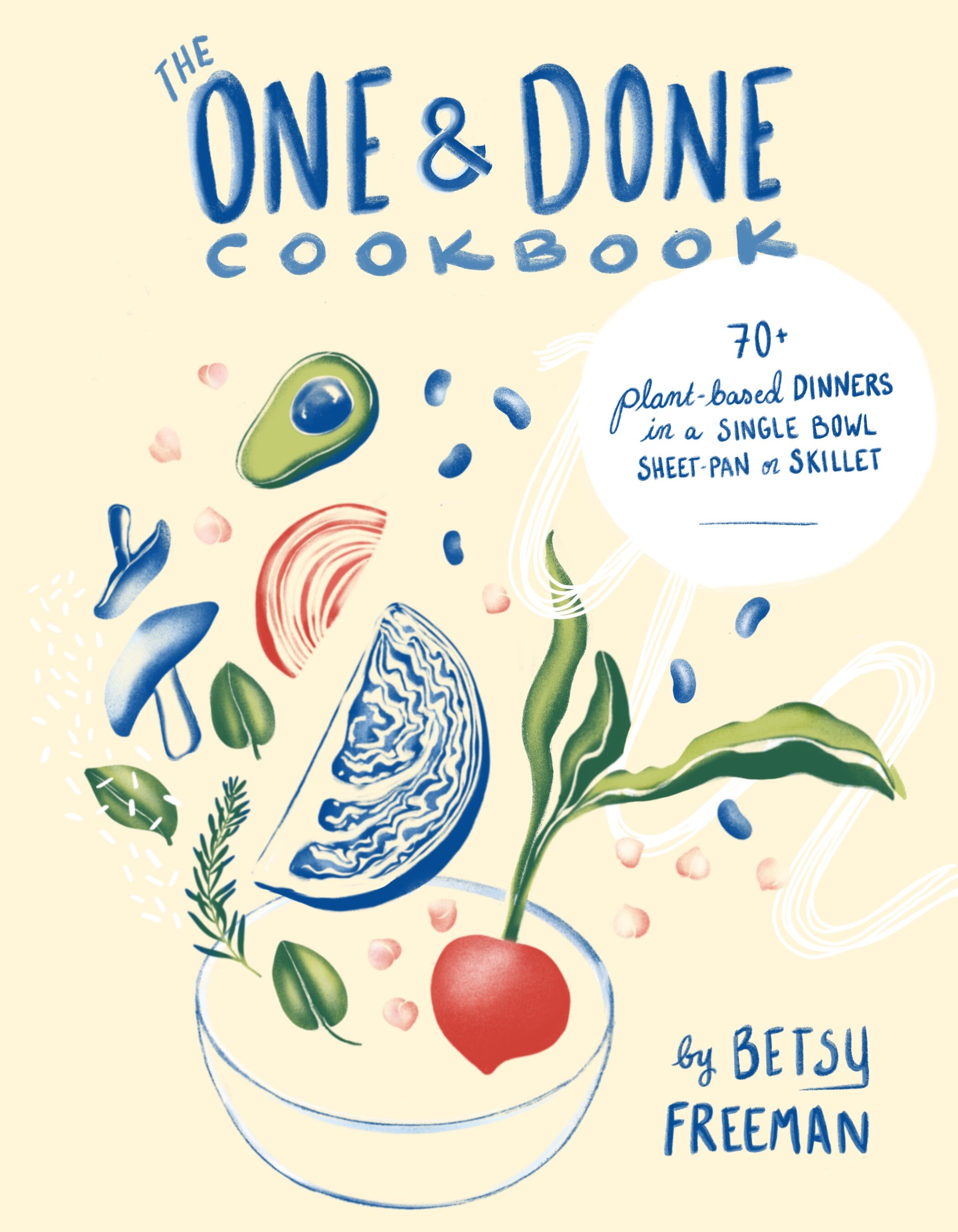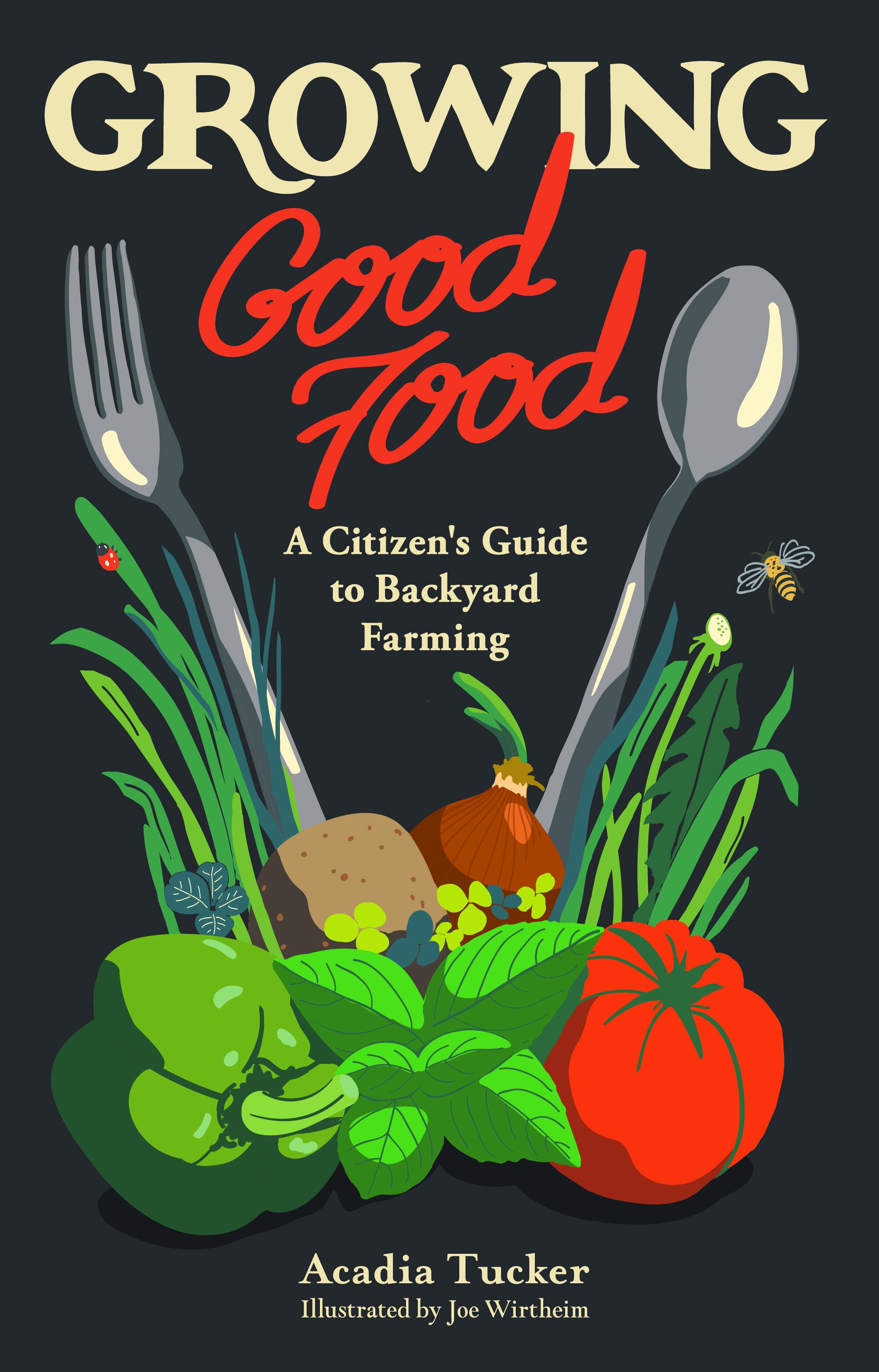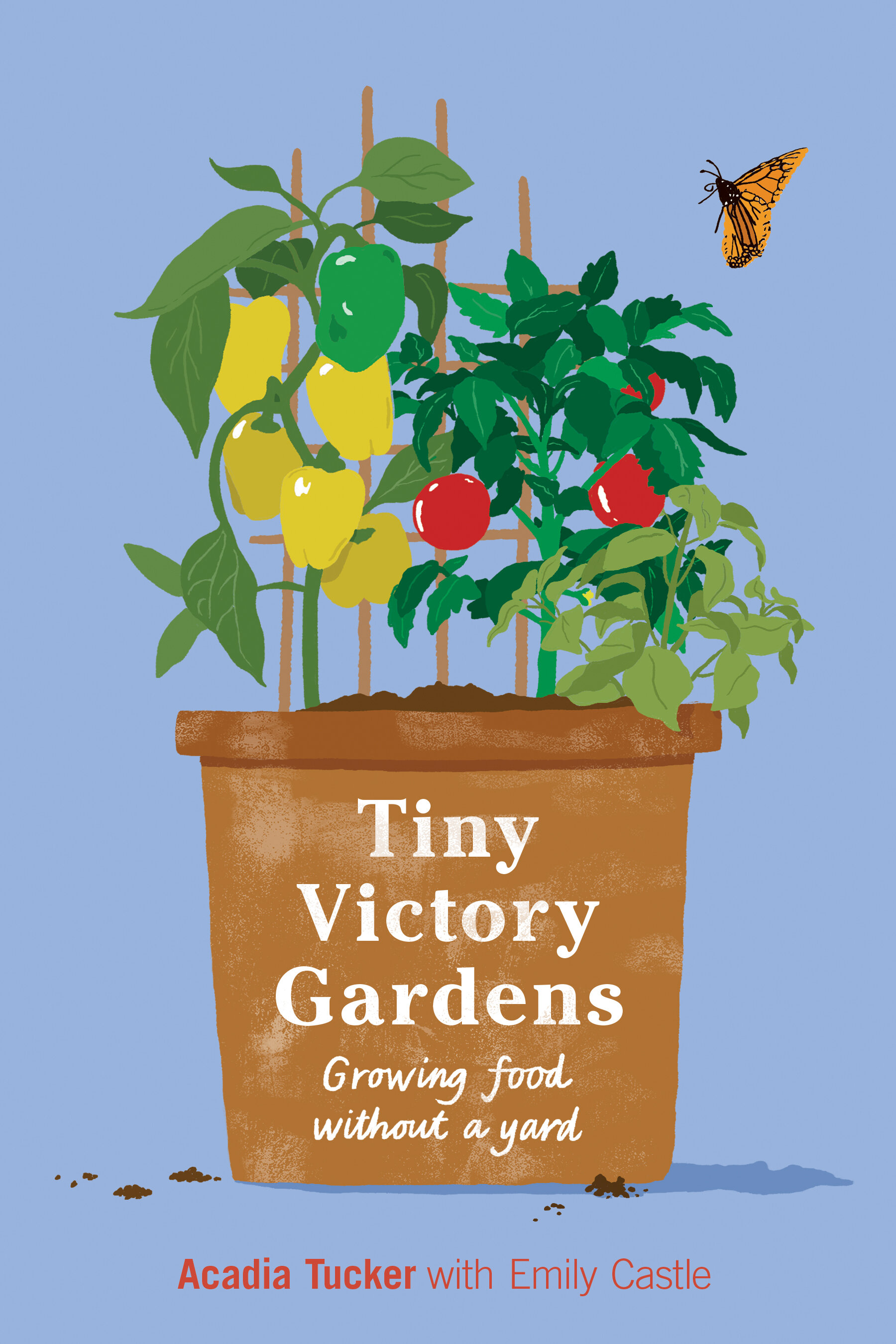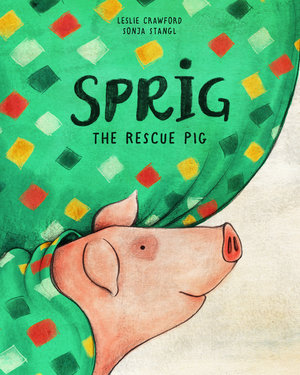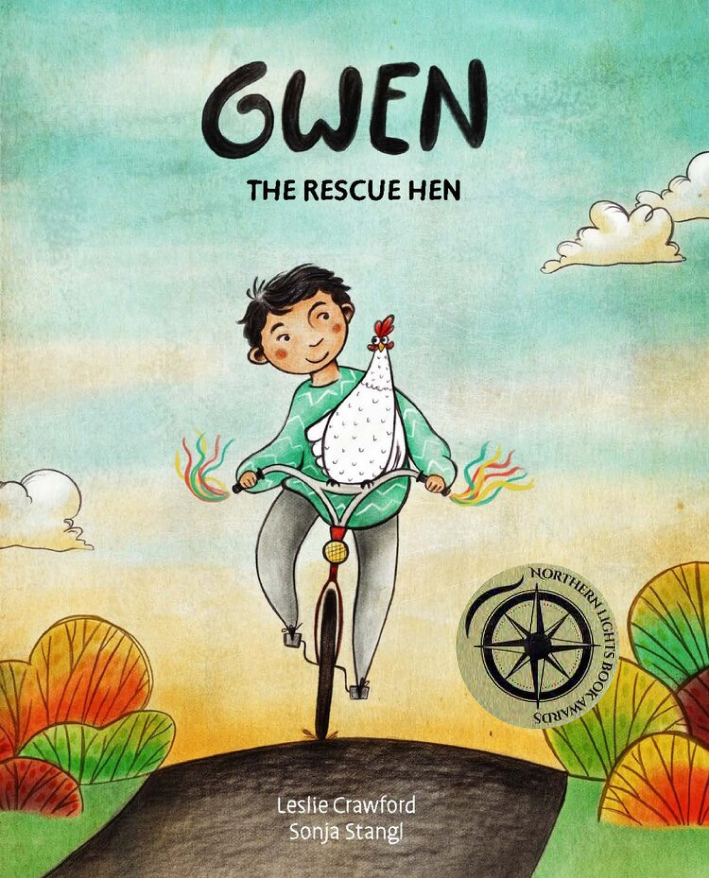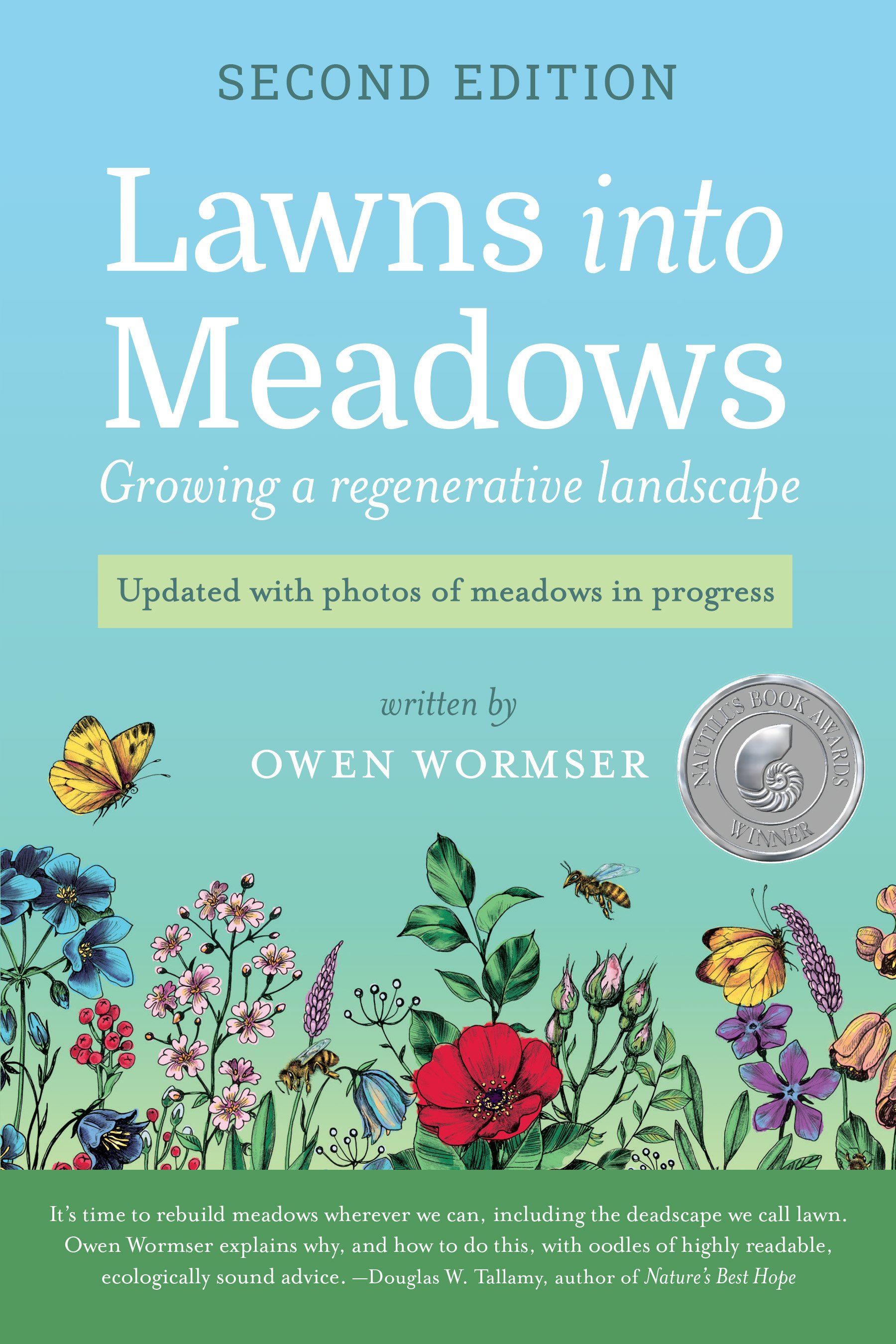Holiday eating for a world on fire
My mom (left), teaching the ways of the kitchen to my brother, a friend of ours, and me (right).
I have many great memories of cooking with my Mom on Thanksgiving. I first started helping out in the kitchen when I was four years old and, after figuring out how to use a knife without cutting myself, we’ve become an unbeatable team.
“Every year, we promise each other to never again allow this feast to become so freaking complicated!”
We fill the sink with tasting spoons passed back and forth, seeking each other’s opinion. We pour the first glass of wine only after cresting the hump of the day’s labor—both to congratulate ourselves and to keep us going. With the wood cookstove fully cranked, the kitchen is toasty warm and our brows flush. If a horde of angry trolls invaded our feast, we could hold them off with countless side dishes and slay them once their food coma set in.
Every year, we promise each other to never again allow this feast to become so freaking complicated! And then the next November we’re at it again. Honestly, we revel a bit in the madness of it all. I know my decision to become a chef was influenced, in part, by my Mom’s freewheeling creativity and passion in the kitchen, and in the garden.
“ After massive West Coast fires, my pod in California stopped buying meat, a habit that’s fueling global warming. So I set out to make a dish to replace the traditional roast turkey.”
We may love the act of cooking but, for us, it’s really all about the giving. Food drives memory, but when I taste Thanksgiving food, I don’t remember many of the dishes from past holidays. Instead, the flavors call to mind the people with whom I shared those meals.
My family is a crowd with eating habits as different as each of them is. Within our group of aunts, uncles, cousins, and friends, we have vegetarians, vegans, gluten-free eaters, and avid meat eaters—twelve to sixteen relatives in all. It is a source of pride for me that my Mom can easily whip up three or four different types of stuffing, gravy, and mashed potatoes so that everyone can comfortably share the meal together.
This year, due to covid-19, I won’t be able to return to the East Coast to cook with my Mom. While this obviously saddens me, it’s also a chance to make new traditions filled with the same holiday cheer. In the aftermath of massive West Coast fires, my pod in California stopped buying meat, a habit helping to fuel global warming. So I set out to make a dish to replace the traditional roast turkey.
The Salt-Baked Celeriac sliced and served with mashed potatoes and roasted vegetables. See recipe.
I looked for inspiration to the Danish chef René Redzepi, whose highly respected restaurant in Copenhagen serves a plant-based menu during the summer months. I’ve always admired his celeriac shawarma dish, which I think epitomizes the savory potential that plants hold. So I decided to try making my own dish with celeriac.
My Mom and I usually marinate or brine our turkey. It doesn’t work quite the same way with vegetables. I experimented with several techniques and landed on slowly baking the celeriac, slathered in a thick, onion-sage jam, and encrusting it in a salt dough. This helped to both preserve the root’s aroma, and to fully infuse the flavor from the savory jam. Although the salt dough has to be composted after use, the savory jam can be scooped out and reused to flavor the stuffing.
What I find noteworthy about this dish is the lingering floral aroma of celery and how the slow-baked process preserves the celeriac’s white color so it more closely resembles turkey breast once sliced. While it’s not an easy dish to make, it can be made ahead of time and reheated for dinner. This year it’ll be part of my effort to try new things, and build traditions rich enough to fill the place of beloved old ones.
Lee Carter is a Stone Pier Press News Fellow, a professional chef, and a lover of books.


